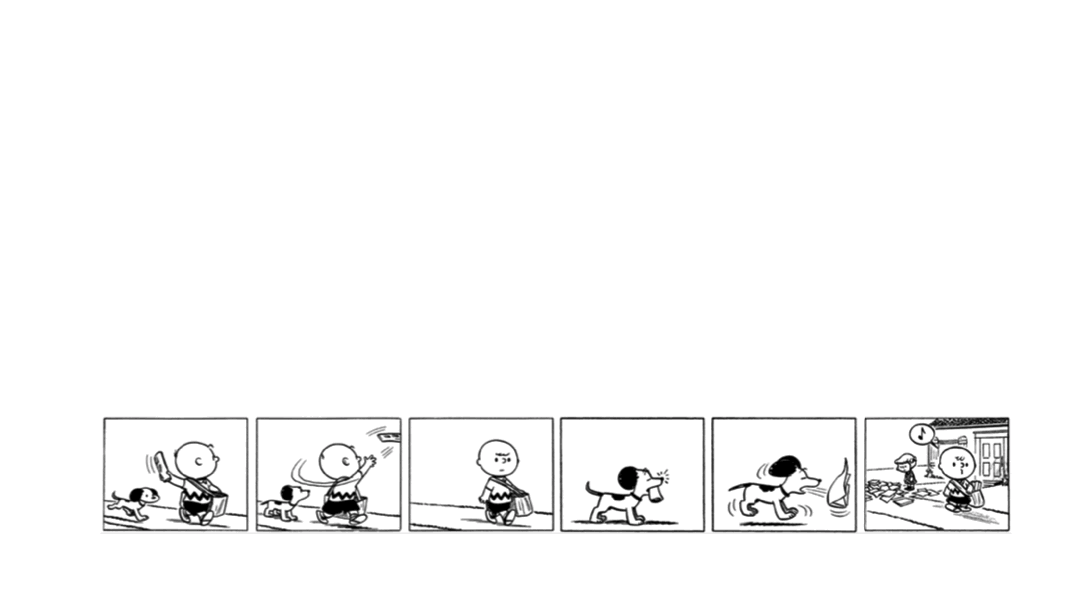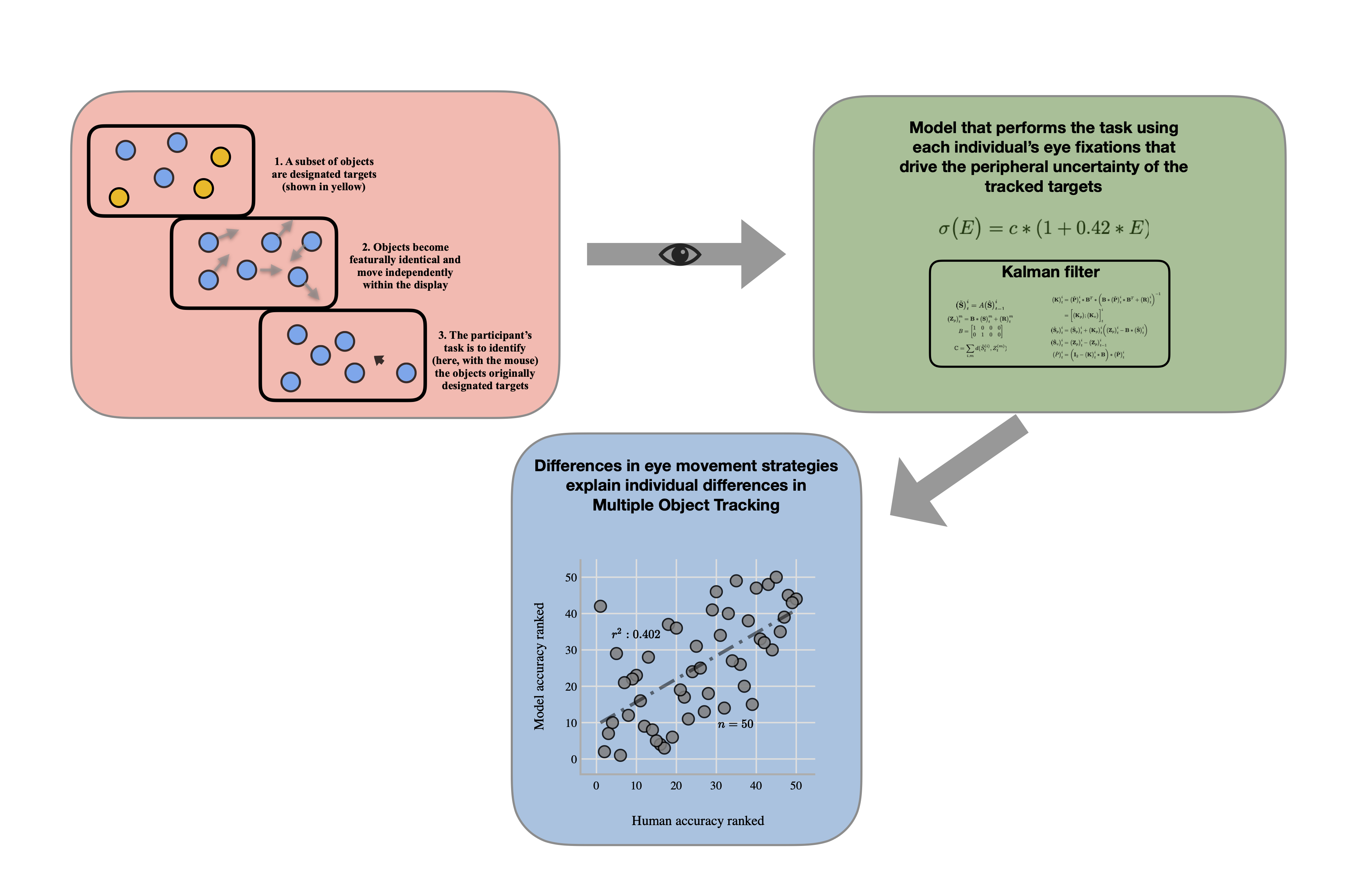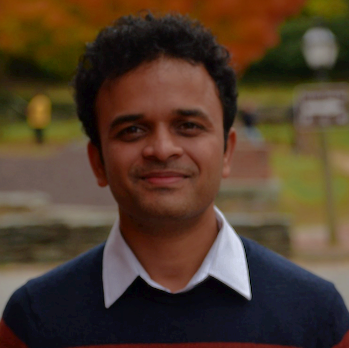Research
How do we process time?
In collaboration with : Jon Flombaum, PhD & Ian Phillips, PhD
When we think about time we conceptualize it in terms of discrete units, or moments in time. But what are these moments? How long are they? What do they contain? How are these moments accumulated to give rise to a sense of duration? These are the questions I explored in my dissertation
What are the constituents of a moment of our visual experience?
TL;DR: A moment in our visual experience does not reflect a moment in the real world. Infact, it stitches together moments across space that happened at different time points.
Here is a presentation on the same
How are moments in time accumulated to give rise to a sense of duration?
Existing research has shown that time expands when we experience novel situations. This phenomenon is called Subjective Expansion of Time. Does time really expand during such events?
TL;DR: Our perception of time remains the same during novel and boring events. Instead the way we remember those events is distorted.
Check out this presentation for more information:
Hierarchical Processing in Visual Narratives
In collaboration with: Neil Cohn, PhD
We process sentences according to their syntax structure and semantics during a reading comprehension task. We tend to spend more time staring at a word that violates the syntactic structure of the sentence. Visual narratives, on the other hand, are short stories mainly told using pictures - usually comic strips with events that are unfloding over time within the strip. Do we process visual narratives according to their underlying narrative syntax structure similar to the reading comprehension tasks?

Our preliminary analysis using psychophysics and computational modelling suggests that we might be processing visual narratives according to their underlying narrative structure. Here is a presentation on the same
What limits our visual cognition?
In collaboration with Jon Flombaum
Our visual cognition is limited. We can only attend to so many things at a given time. Take the famous Shell game for example.
We can only attend to so many things at a given time. Why is it so? Why is it that some people are better than others in these tasks? We explored these questions in the context of Multiple Object Tracking paradigm. Here we hypothesized, and have shown that the quality of inputs that enter our visual system limits our visual cognition. Further, individual differences in visual cognition are the result of differences in eye movement strategies participants use pdf.

